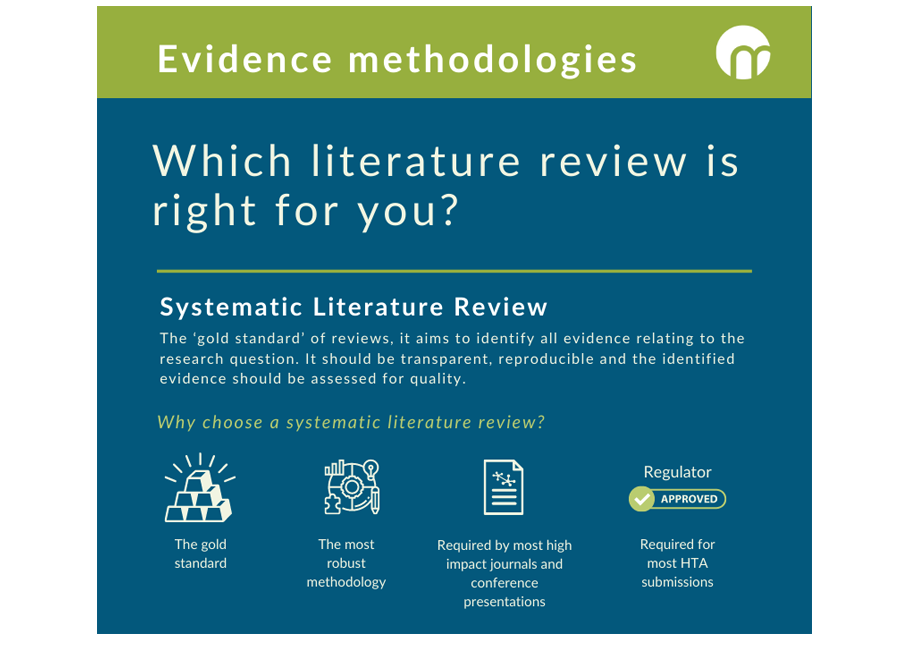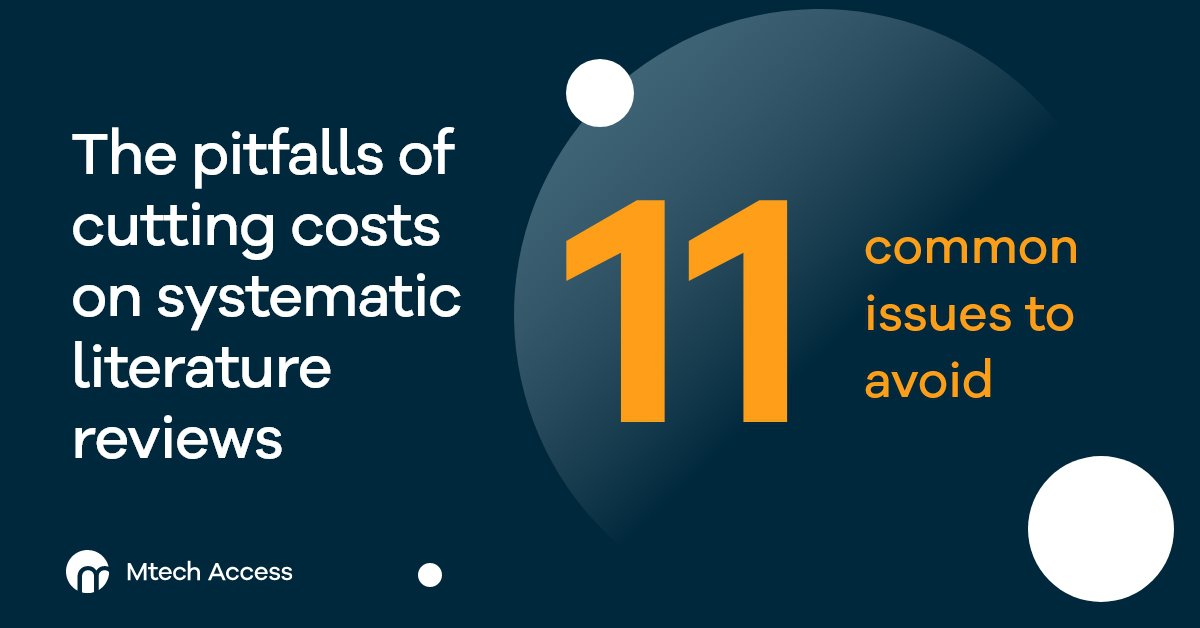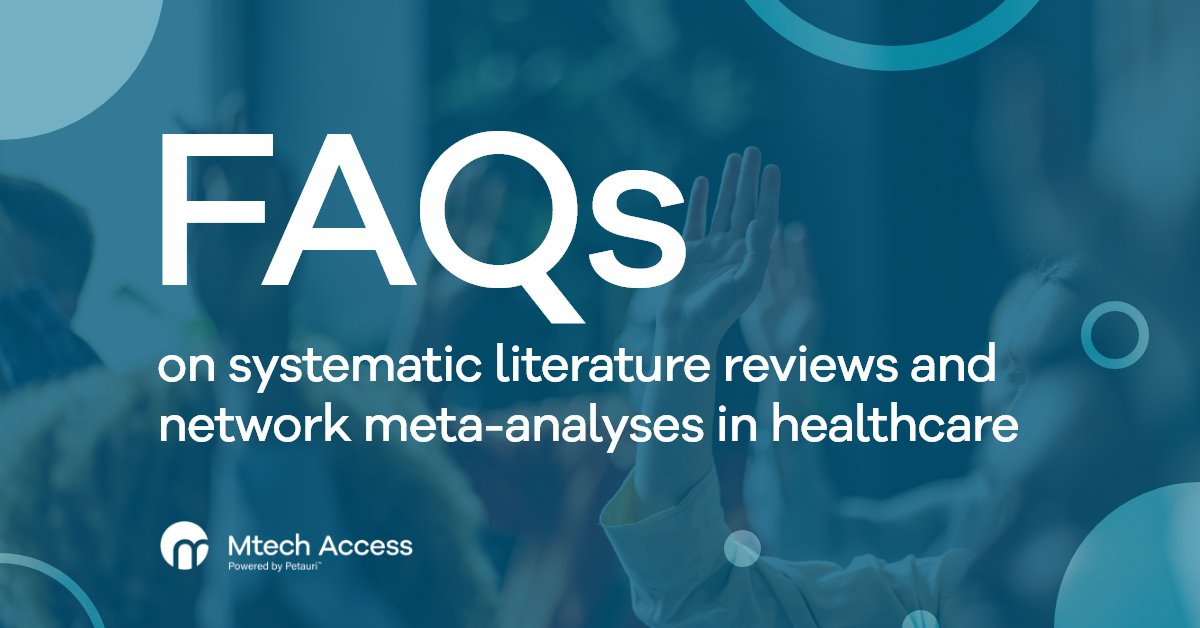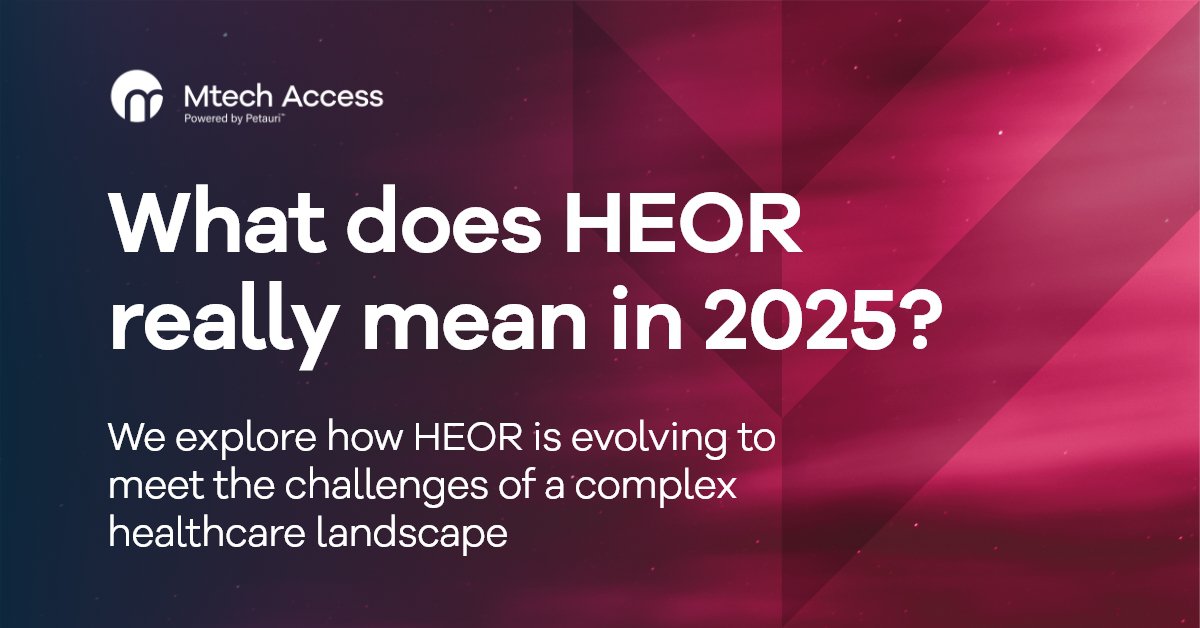Enabling Evidence-Based Decision Making
Before engaging with payers and reimbursement bodies, it is critical to have a full picture of the evidence supporting your product’s proposition. Evidence-based decision making is a key facet of the reimbursement and market access journey.
Market access and HEOR teams use the evidence generated through systematic literature reviews, network meta-analyses and other statistical methodologies to inform internal decisions about a product’s strategy.
A robust evidence base can help inform decisions around:
- The need for, or direction of, future clinical trials
- Epidemiology and patient population needs
- The most appropriate health economic modelling strategy
- Market access, commercial and pricing strategy
- The product’s value proposition and payer engagement materials
Critically, these evidence methodologies also form a key component of health technology assessment submissions, providing the evidence that enables reimbursement bodies to systematically evaluate whether a new treatment should be recommended for patient access.
Our experienced in-house team use the latest techniques and methods to develop focused research questions and protocols, as well as process and summarise the evidence found.
Choosing The Right Evidence Generation Methodology
Do you need a full systematic literature review, or would a rapid review address your requirements in a more timely and cost-effective way?
Would a network meta-analysis add to your evidence base?
How can statistical analyses support your market access and reimbursement goals?
The right approach will depend on your project goals. A full systematic literature review is the gold standard for evidence generation and is required by most HTA bodies. However, if you are looking to build an evidence base to support internal decision-making and inform strategy, a rapid review may be a useful option to consider.
Our in-house systematic literature review analysts and data scientists draw on years of experience developing and reviewing evidence bases for both industry and HTA bodies, to recommend the best evidence methodologies to meet your needs.
To discuss your evidence requirements with our experts, get in touch using the form below.
Choosing the right systematic literature review
Here we explore the different options for literature reviews, including:
- The gold-standard systematic literature review – Aims to identify all evidence relating to the research question to build a complete evidence base that avoids opinion and bias
- Rapid or targeted review – An accelerated review that uses a streamlined methodology
- Scoping review – A review that looks at the size of the evidence base rather than the data within it
- Review of reviews – Reviews existing systematic literature reviews in the disease area and field of interest
- Living review – A review that is updated regularly to incorporate new evidence
Finding the evidence
Our information specialist has extensive experience in developing strategies to identify the widest spectrum of available evidence. This may include searches of sources such as:
- Databases, including Embase®, MEDLINE® and EconLit
- Conference proceedings
- Relevant systematic reviews
- Reference lists of relevant studies
Creating an extensive and robust search plan that builds in multiple independent approaches of identifying relevant evidence is of key importance to finding and assessing studies that can inform the research question.
Choosing the right statistical analysis
With an in-house specialist statistician, we can further enhance your evidence base with meta-analyses, network meta-analyses and wider statistical analyses. We take a stepwise approach to ensure appropriate analyses are conducted that reflect your evidence base and project requirements.
We can conduct both fixed- and random-effect meta-analysis as appropriate and explore heterogeneity, where feasible, using subgroup analyses or network meta-regression analyses to adjust for pre-specified covariates.
We have experience with the following statistical methodologies:
- Network meta-analysis
- Bayesian analyses
- Frequentist analyses
- Bucher indirect treatment comparisons
- Pair-wise meta-analysis
Our evidence scientists are experts in
- Evidence generation strategy
- Systematic literature reviews – the gold standard for HTA and published evidence
- Market landscape systematic literature reviews
- Rapid reviews
- Network meta-analysis
- Critiques of previous systematic literature reviews and meta-analyses
- Meta-analysis feasibility
- Bespoke statistical analyses
- Publication strategy
Uncover our expertise in systematic literature review, network meta-analysis and health economics.
Mtech Access is your go-to consultancy for Evidence Synthesis,
Systematic Literature Reviews and Meta-analyses
- At Mtech Access, we have conducted 395+ evidence-synthesis-related projects with 50+ clients*. Of these projects, 60 involved a meta-analysis feasibility and/or subsequent meta-analysis
- Our team have authored over 135 peer-reviewed journal articles and conference abstracts†
- We apply rigorous academic protocols to ensure all study questions are appropriately scoped and all relevant search sources examined
- Systematic literature reviews and meta-analyses are conducted to conform to published guidelines
- We have in-depth knowledge of global HTA body requirements, with the skills in-house to support your full submission or to supplement your teams’ capability where needed
- In the UK, we have close relationships with over 90 contracted Associates working in the NHS, who work directly with us on projects as needed, to ensure the validity of our evidence generation
*Includes any distinct project involving evidence synthesis for an external Pharmaceutical, Medtech, Biotech or Diagnostics client.
†Includes publications authored by our team members before they joined Mtech Access.
- At Mtech Access, we have conducted 235+ evidence-synthesis-related projects with 30+ clients*. Of these projects, 60 involved a meta-analysis feasibility and/or subsequent meta-analysis
- Our team have authored over 120 peer-reviewed journal articles and conference abstracts
- We apply rigorous academic protocols to ensure all study questions are appropriately scoped and all relevant search sources examined
- Systematic literature reviews and meta-analyses are conducted to conform to published guidelines
- We have in-depth knowledge of global HTA body requirements, with the skills in-house to support your full submission or to supplement your teams’ capability where needed
- In the UK, we have close relationships with over 80 contracted Associates working in the NHS, who work directly with us on projects as needed, to ensure the validity of our evidence generation
*Includes any distinct project involving evidence synthesis for an external Pharmaceutical, Medtech, Biotech or Diagnostics client.
Articles related to systematic literature reviews and meta-analysis
The pitfalls of cutting costs on systematic literature reviews: 11 common issues to avoid
Discover 11 common problems that may arise when cost-cutting compromises the quality of your systematic literature review…
FAQs about systematic literature reviews and network meta-analyses in healthcare
Are you unsure about some of the terminology used by specialists who are preparing your evidence dossier? Our experts answer some of the most frequently asked questions (FAQs) about evidence synthesis.
What does HEOR really mean in 2025?
Global healthcare faces growing pressures. We explore how HEOR is evolving in 2025 to deliver value, meet payer needs, and support market access decisions…







